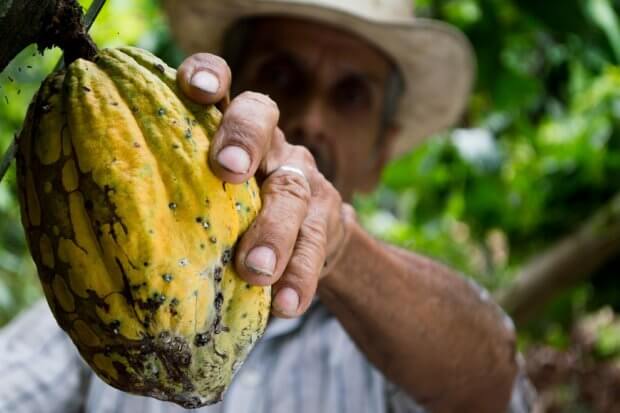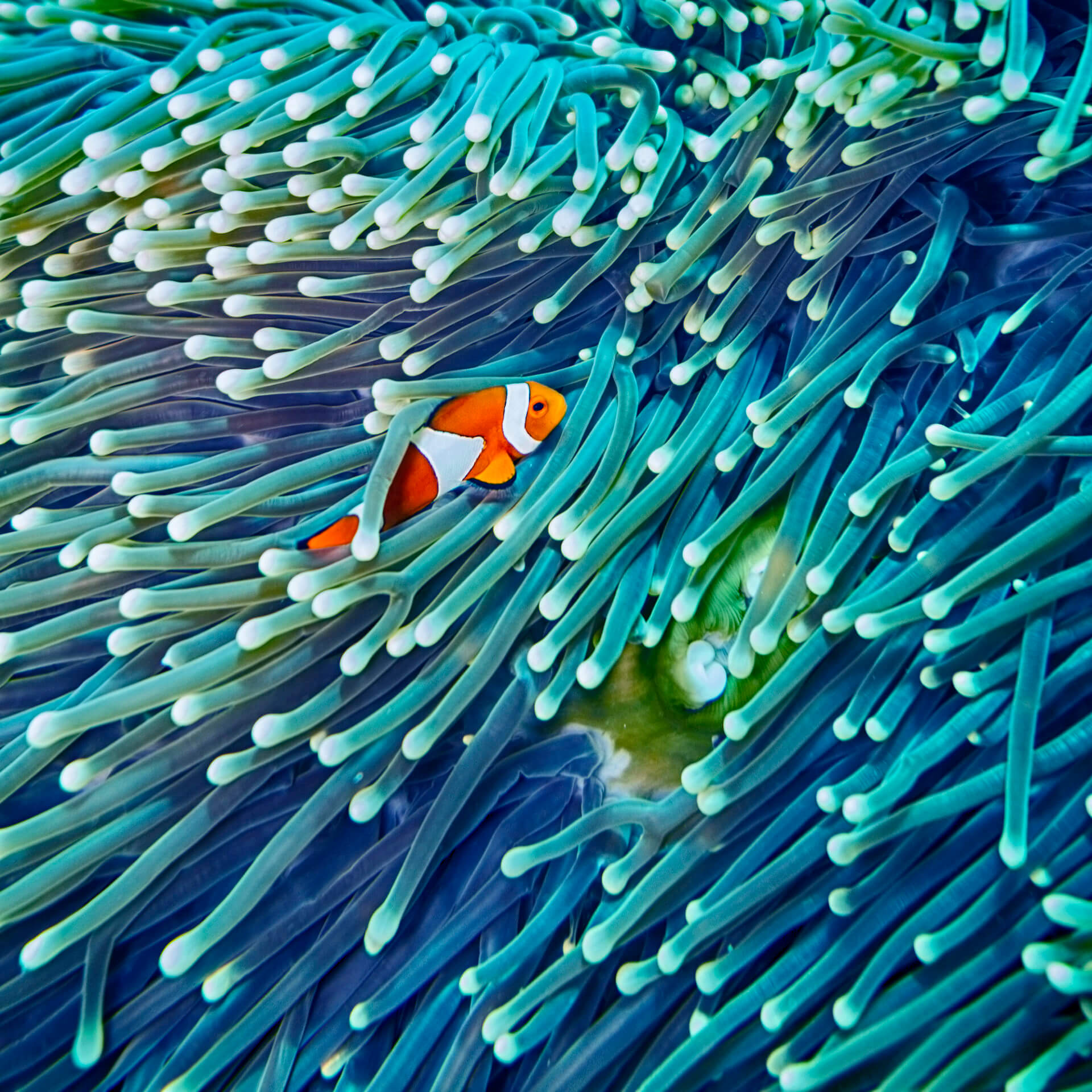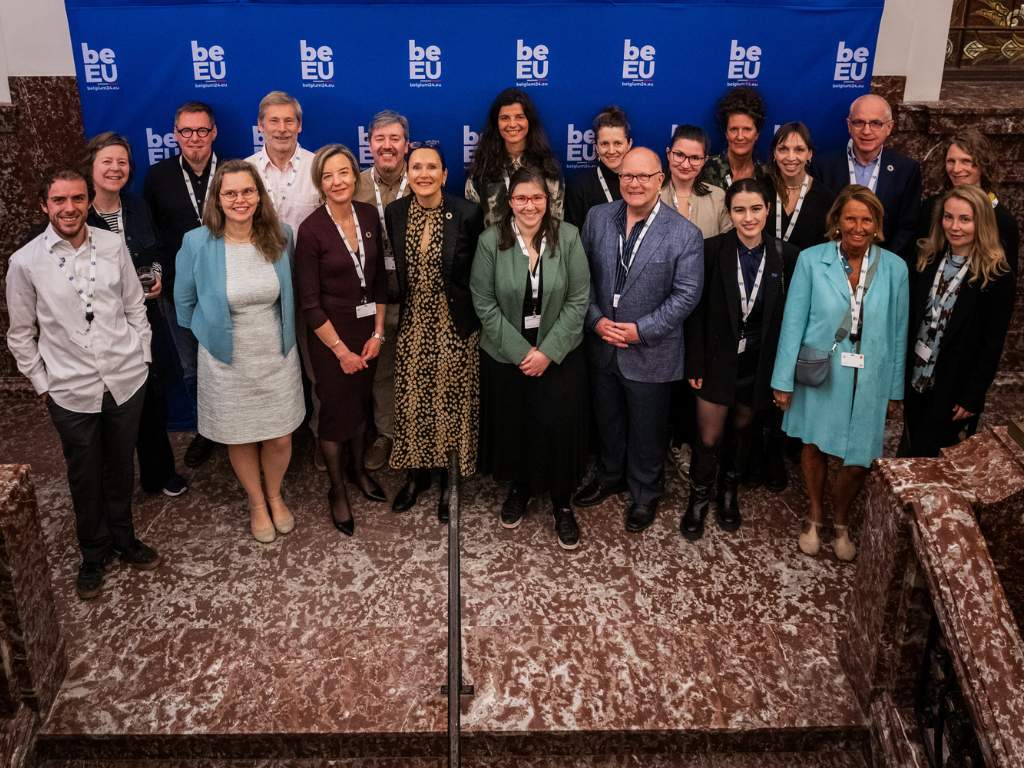
Giving back to nature more than we take away
As part of the Belgian Presidency of the Council of the European Union, the Federal Public Service for Public Health, Food Chain Safety and the Environment organized a High-Level event on the crucial role of nature and biodiversity in building a sustainable future. Entitled “Regenerative development for transformative change”, the event, which took place in Brussels on April 11, was built around a central message: “Giving back to nature more than we take away”.
The ambition of the Belgian Presidency
The event was based on the EU’s Biodiversity Strategy 2030 principle of restoring nature, and went beyond to explore the practical applications of Regenerative Development for transformative change. Throughout the day, the Presidency event delved into the ways in which the concept of “Regenerative Development” can respond to the challenges we face in terms of biodiversity loss and the sustainability of the planet. To do so, the ambition of the Belgian Presidency is to highlight the potential of this new concept so that it could be taken into account in the formulation and implementation of environmental policies and initiatives, at European, national and local levels.
Thinking differently about our relationship with nature
The concept of regenerative development goes beyond the simple question of sustainability, as it also encourages us to reconsider our relationship with nature. Regenerative Development emphasises the importance of changing our thinking. and to adopting a living systems approach. This new thinking invites us to play an active part in maintaining and improving the health of the planet – for people and nature alike. It recognizes that solutions cannot be imposed universally but must instead emerge from a deep understanding of local ecosystems and cultures. Regenerative Development paints a vision of cities and communities teeming with ecological vitality, building on the limitless potential of all of life instead of thinking of problem-solving.
Presidency priorities from the perspective of regenerative development
Bringing together speakers and participants from various EU Member States and institutions – representatives of governments, academia, civil society and the private sector – the conference explored how integrating a regenerative development approach in strategies and initiatives could offer a fresh perspective for achieving biodiversity and environmental objectives.
Ms. Sandrine Dixson-Declève, Co-President of the Club of Rome and Executive Chair of Earth4All, launched the debate by invoking that today’s complex challenges require the adoption of a new financial and economic architecture that embraces regenerative development and well-being of people and planet at the same time. The presentation of Dr. Leen Gorissen, founder of Centre4NI, served as a red thread for thinking about the concept of Regenerative Development as a transformative lever for tackling current challenges such as those caused by biodiversity loss. Expert panels and roundtable discussions dealt with various aspects of Regenerative Development, approaching them from the angle of the Presidency’s environmental priorities of Just Transition, Circular Economy, Adaptation and Resilience, as well as Nature Positivity as a key concept in the recent EU and international biodiversity agenda.
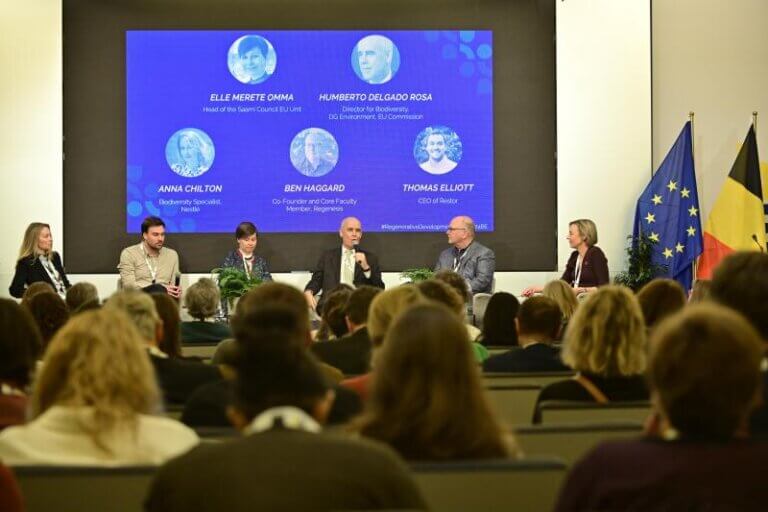
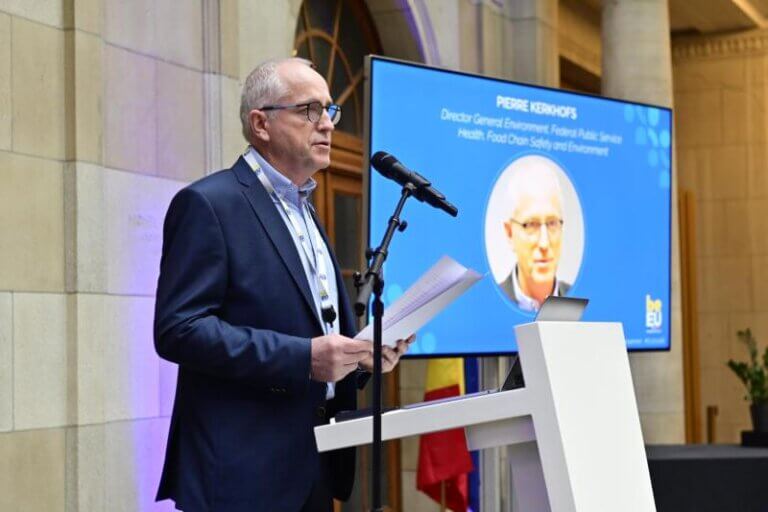
Key insights for European policy
Moving forward, it is important to translate discussions into actionable policies and initiatives at local, national and European levels, to foster collaboration between governments, business, academia and civil society to advance regenerative agendas. Education and capacity-building to empower individuals and communities to embrace regenerative principles also play a crucial role.
A report will be published by the FPS Health together with a research study on Regenerative Development in the upcoming weeks. The report will be accompanied by key insights from the conference to provide orientations on the concept of Regenerative Development, so that they can be taken more fully into account in the formulation of EU policy. This change of vision of our relationship with nature can inform the strategies, programmes and plans of the European institutions.
Actus Associés
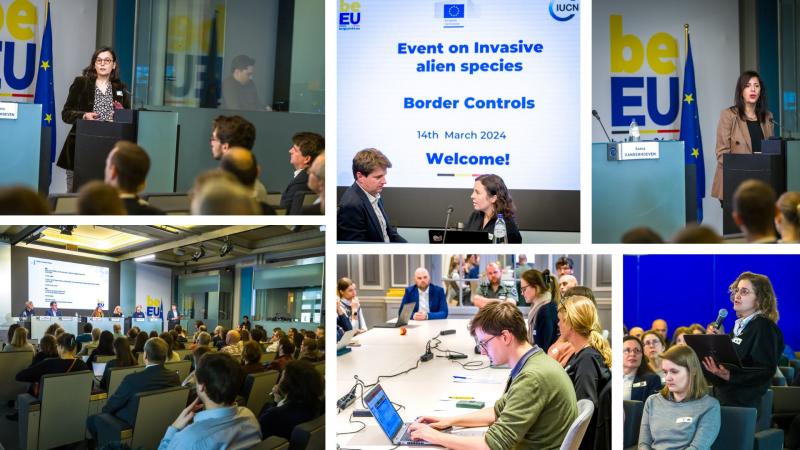
Enhancing collaboration at European Union borders
Officers from customs, animal and plant health authorities, and environmental authorities convened in Brussels on 14 March for an event focusing on improving border controls for Invasive Alien Species. Effective border controls are a key element in preventing their introduction into the European Union. This event was jointly organised by the Belgian presidency of the Council of the European Union, the European Commission, and the International Union for Conservation of Nature (IUCN).
See more
UN and EU presidency share the same priorities at UNEA-6
From 26 February to 1 March, the United Nations Environment Assembly (UNEA), the world’s highest-level decision-making body for environment, met in Nairobi, Kenya. This sixth session (UNEA-6) envisaged how multilateral actions can help tackle the triple crisis of climate change, biodiversity loss and pollution.
See more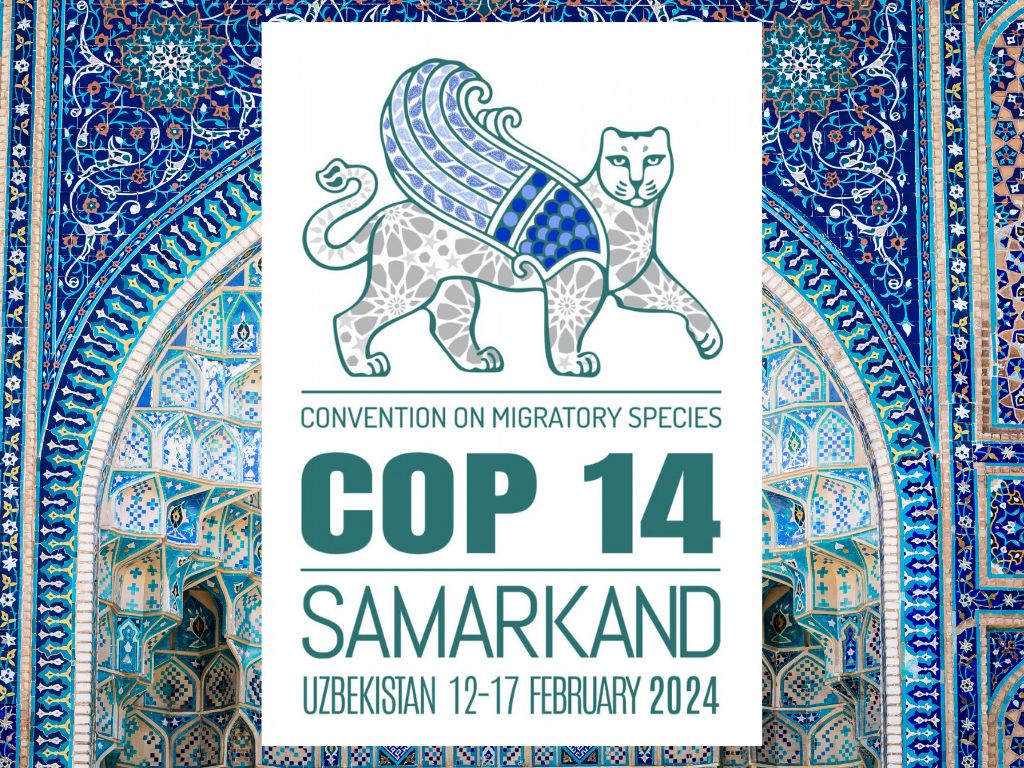
The EU’s ambitions in Samarkand op de COP14 CMS
From 12 to 17 February, the 14th meeting of the Conference of the Parties to the Convention on the Conservation of Migratory Species of Wild Animals (CMS COP14) was held in Samarkand, Uzbekistan. At this conference, the Belgian Presidency had an important role to play: to shape the discussions on behalf of the EU to promote the implementation of the CMS and give concrete form to the historic agreement in favour of biodiversity, reached in December 2022 during the 15th COP to the Convention on Biological diversity (CBD COP15).
See more

